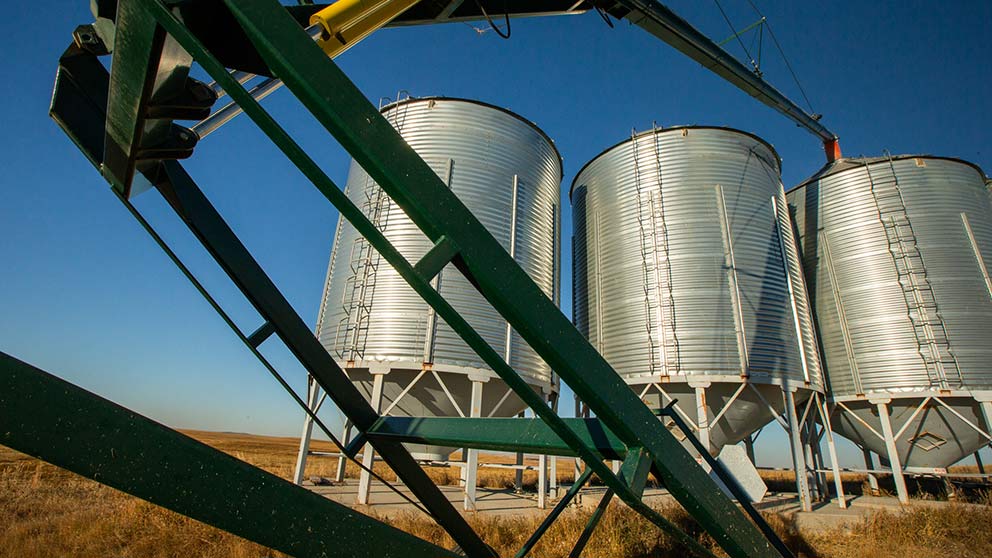Designing resilience into your farm operation

How can producers deal with risk in challenging times? Eric Olson, national lead of farm management consulting with accounting and advisory firm MNP, says many clients wonder about this topic. Olson advocates an approach to risk management planning that starts with asking, exploring and answering these four questions.
What’s your tolerance for risk?
“The reality is, the business of farming is risky,” Olson says. “Farmers are used to risk and have more tolerance for it than most people in society. Among farmers as a group, though, different people have different comfort levels. That’s a good place to start the discussion.”
What risk are you most concerned about?
It could be a major drop in market prices, a no-crop year for grain farmers or a serious disease outbreak for livestock producers. And it could be more than one risk coming up at the same time. Is this risk part of a regular cyclical downturn, or is it a once-in-a-generation disaster? How likely do you think it is to occur, and how bad would things get if it did?
What tools are available?
Different sectors and provinces have different risk management tools for farmers to access. Being aware of what’s available is important. Would the tools address the risks you identified? Tools include programs, crop insurance or forward-pricing to reduce price risk.
How would you cover a revenue shortfall?
“The shortfall is the difference between your expenses and what the risk management tools will bring in,” Olson says. “That is what you need to be able to fund out of your operation.”
The discussion then turns to cash flow and working capital. If the farm has enough liquidity, or can sell surplus assets readily, it can weather whatever risk the producer envisions. If the funding shortfall can’t be met, the farm business would have a big problem. This gap can be addressed in the coming years, with resilience-building prioritized in farm decision-making. In the short term, being able to access a line of credit or other emergency financing can help the business get through tough times.
“We want to empower our clients to make good decisions with all the information at their fingertips,” Olson says. “Things are challenging for many farmers right now, but they can take steps to bullet-proof their operation over time.”
To learn more, check out Managing your financial risk from our Business Essentials series.
From an AgriSuccess article by Kieran Brett.

Benchmarking can improve farm financial performance, but consistency and context is key.
